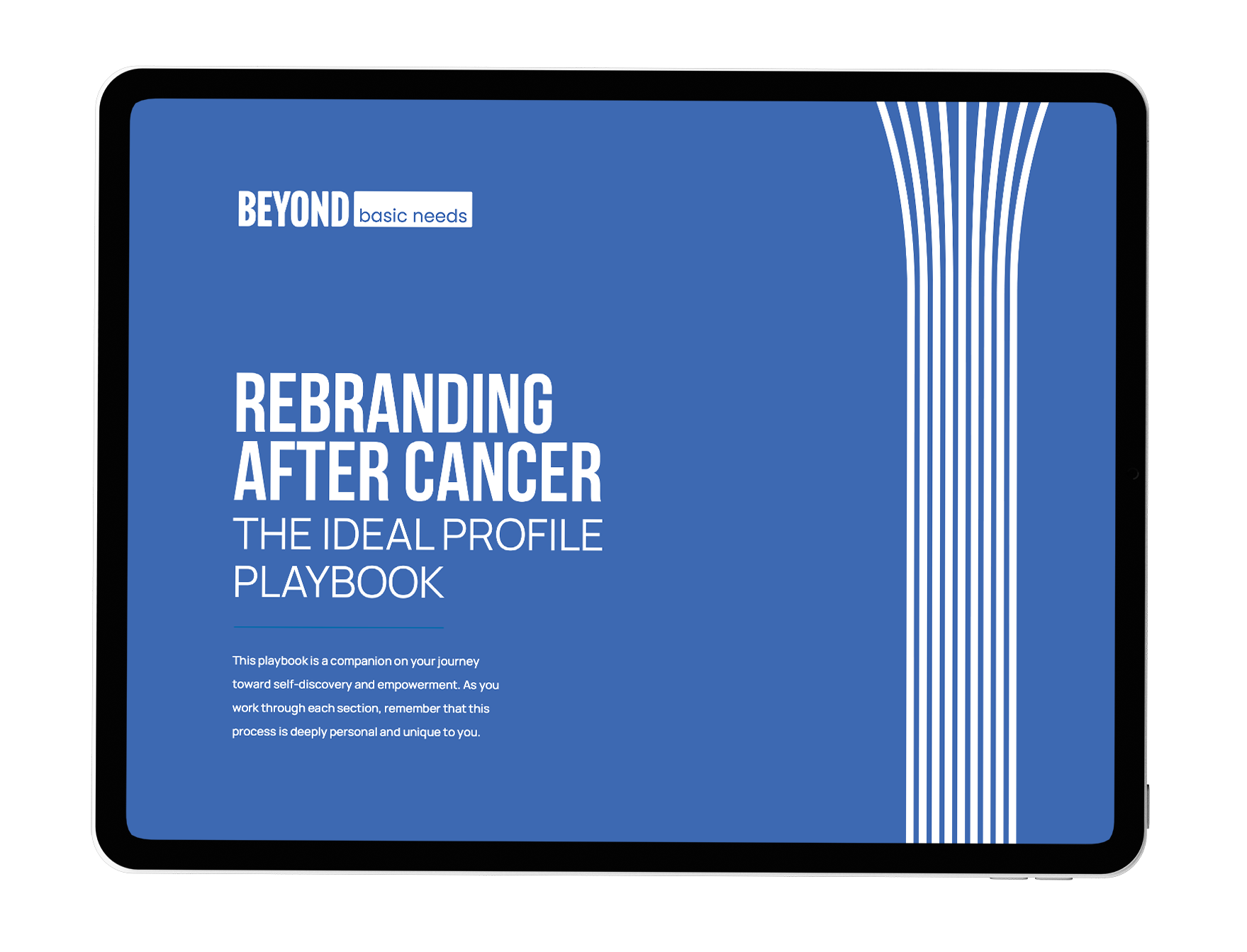Fail fast, learn faster. Here’s why mistakes are good—and can even be your “secret weapon” as you hone your leadership skills.
It’s time to face an ugly truth: no leader, in any industry, is “immune” to mistakes. But here’s the twist: mistakes are good—not career-ending disasters—but fresh opportunities to grow.
The key to making your mistakes work for you is learning how to turn those missteps into stepping stones for improvement.
Let’s break down why leadership mistakes are essential (and even beneficial) to the learning process, and how embracing them can transform your career.

1. Mistakes Highlight Blind Spots
No one has all the answers, especially in leadership. And while we may “know” this, it’s easy to fall victim to some perfectionistic blind spots.
Instead of letting us stay in that state of blissful ignorance, leadership mistakes act as highlighters, revealing areas where you or your team need improvement.
For example: Maybe a campaign underperforms because you overlooked audience research. Or perhaps a team member feels unsupported due to unclear communication. Instead of avoiding these moments, lean in. Use mistakes as a chance to assess, adjust, and build better and more creative strategies moving forward.
2. Mistakes Build Resilience and Adaptability
When things go wrong, you learn to pivot—and quickly.
As you’ve seen, this resilience is critical in marketing leadership, where trends and consumer behavior are constantly shifting.
For instance, if a new product launch or service flops, don’t freeze or panic. Instead, ask yourself: What can I tweak? Was it the messaging, timing, or delivery?
The ability to adapt and iterate is what separates good leaders from great ones, so don’t miss any opportunities you have to build on those skills.
3. Mistakes Help Create a Culture of Innovation
Here’s the thing about being a leader: your reaction to failure shapes your team’s mindset. If you treat mistakes like disasters, your team will operate in fear—effectively abolishing any sort of accountability or creativity they’ve developed over their employment. But if you show that mistakes are good learning tools, you have the opportunity to create a culture of growth and innovation.
To get the most benefit out of every mistake, consider sharing the mistake itself and your takeaways as you see it appropriate to. This intentional act of communication may be vulnerable, but it allows you to show your team it’s safe to take risks, push the envelope, and attempt.
4. Mistakes Push You to Evolve
It’s not very “funnel friendly” to say, but mistakes are the ultimate growth hack—not some course or motivational speech. Every misstep pushes you to refine your skills, bounce back, and take action—whether that looks improving your decision-making, learning new tools, or becoming a more empathetic communicator.
Remember: Leadership isn’t about being perfect—it’s about progress. And there’s no progress without a few bumps in the road.
Why Mistakes Are Good for Progress
Leadership mistakes are powerful opportunities for growth in disguise. When you treat mistakes as valuable lessons, you’ll not only grow as a marketing leader—you’ll set a powerful example for your team; bolstering their personal development and in-house skills.
Ready to lean into growth? Let your mistakes be the foundation of your next big win. Or, connect with me today if you need 1:1 encouragement, mentorship, and marketing support. I’m here to support you.

